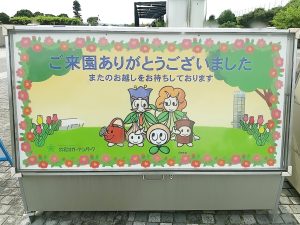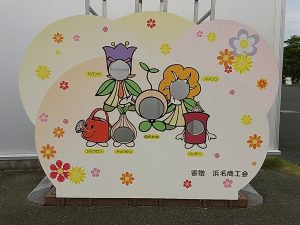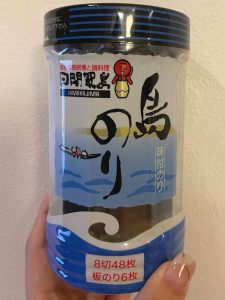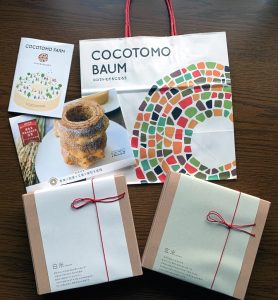In Japan, more than 5 million tons of food is thrown away annually (Ministry of the Environment estimates 5.22 million tons in 2020). It is said that one of the factors causing food loss is the distribution system from producers to consumers. In order to contribute to food loss reduction, it is recommended that consumers purchase food products from supermarkets and convenience stores, starting with products that are close to their expiration or consumption dates.
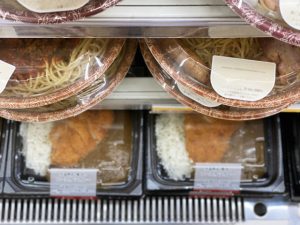
With the aim of reducing food loss, in October 2021, NTT DOCOMO launched a service using the “ecobuy” application. DOCOMO users can earn points by purchasing products that are close to their expiration or consumption date at participating stores, taking a picture of the receipt with their smartphone, and sending it to the system.
https://d-card.jp/kakeisoudan/articles/r825y7k5r1p/
https://r-tsushin.com/sdgs/nttdocomo_ecobuy/
For this system, NTT DOCOMO has obtained the “ecobuy” trademark (Japanese Trademark Registration No. 6082392) and a patent for “information processing equipment and information processing system” (Japanese Patent No. 6462105). The patent gazette describes the effect of the invention as “the user is motivated to purchase that type of product because he or she is rewarded for purchasing products that are close to their expiration date, thereby reducing the amount of products that are discarded due to expiration, so-called food loss.” In this way, we can contribute to the challenges of the SDGs through intellectual property. (Conan)

